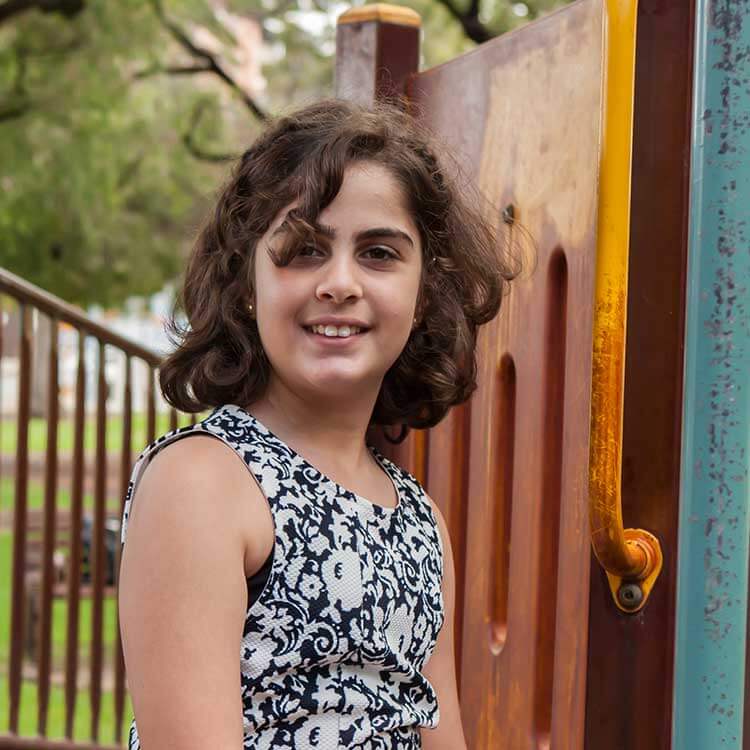Search
Research
Discovery of Transcription Factors Novel to Mouse Cerebellar Granule Cell Development Through Laser-Capture MicrodissectionThis study provides an initial insight into the TFs of cerebellar granule cells that might be important for development
Research
Cellular and molecular changes to cortical neurons following low intensity repetitive magnetic stimulation at different frequenciesA systematic comparison of the cellular and molecular changes in neurons in vitro induced by low intensity magnetic stimulation at different frequencies.
Research
Mapping mammalian cell-type-specific transcriptional regulatory networks using KD-CAGE and ChIP-seq data in the TC-YIK cell line.Examining the overlap between genes perturbed in the KD-CAGE experiments and genes with a ChIP-seq peak within 50 kb of their promoter, we identified direct...

The aim of the Translational Intelligence team is to understand how individual bases in our genome predispose, alter and interact in normal and disease contexts.
Research
Pushing the boundaries of rare disease diagnostics with the help of the first Undiagnosed HackathonTimo Lassmann BSc (Hons) MSc PhD Feilman Fellow; Head, Precision Health Research and Head, Translational Intelligence timo.lassmann@thekids.org.au
Research
Study Protocol for a Stepped-Wedge Cluster (Nested) Randomized Controlled Trial of Antenatal Colostrum Expression (ACE) Instruction in First-Time Mothers: The ACE StudyAlthough many mothers initiate breastfeeding, supplementation with human-milk substitutes (formula) during the birth hospitalization is common and has been associated with early breastfeeding cessation. Colostrum hand expressed in the last few weeks before birth, known as antenatal colostrum expression (ACE), can be used instead of human-milk substitutes. However, evidence is lacking on the efficacy of ACE on breastfeeding outcomes and in non-diabetic mothers.
Research
An evaluation of GPT models for phenotype concept recognitionClinical deep phenotyping and phenotype annotation play a critical role in both the diagnosis of patients with rare disorders as well as in building computationally-tractable knowledge in the rare disorders field.
Research
The psychosocial impact of childhood dementia on children and their parents: a systematic reviewChildhood dementias are a group of rare and ultra-rare paediatric conditions clinically characterised by enduring global decline in central nervous system function, associated with a progressive loss of developmentally acquired skills, quality of life and shortened life expectancy. Traditional research, service development and advocacy efforts have been fragmented due to a focus on individual disorders, or groups classified by specific mechanisms or molecular pathogenesis.
Research
Rare disease education in Europe and beyond: time to actPeople living with rare diseases (PLWRD) still face huge unmet needs, in part due to the fact that care systems are not sufficiently aligned with their needs and healthcare workforce (HWF) along their care pathways lacks competencies to efficiently tackle rare disease-specific challenges. Level of rare disease knowledge and awareness among the current and future HWF is insufficient.
Research
A phenotype centric benchmark of variant prioritisation toolsWe hypothesised that the performance of variant prioriisation tools may vary by disease phenotype.
